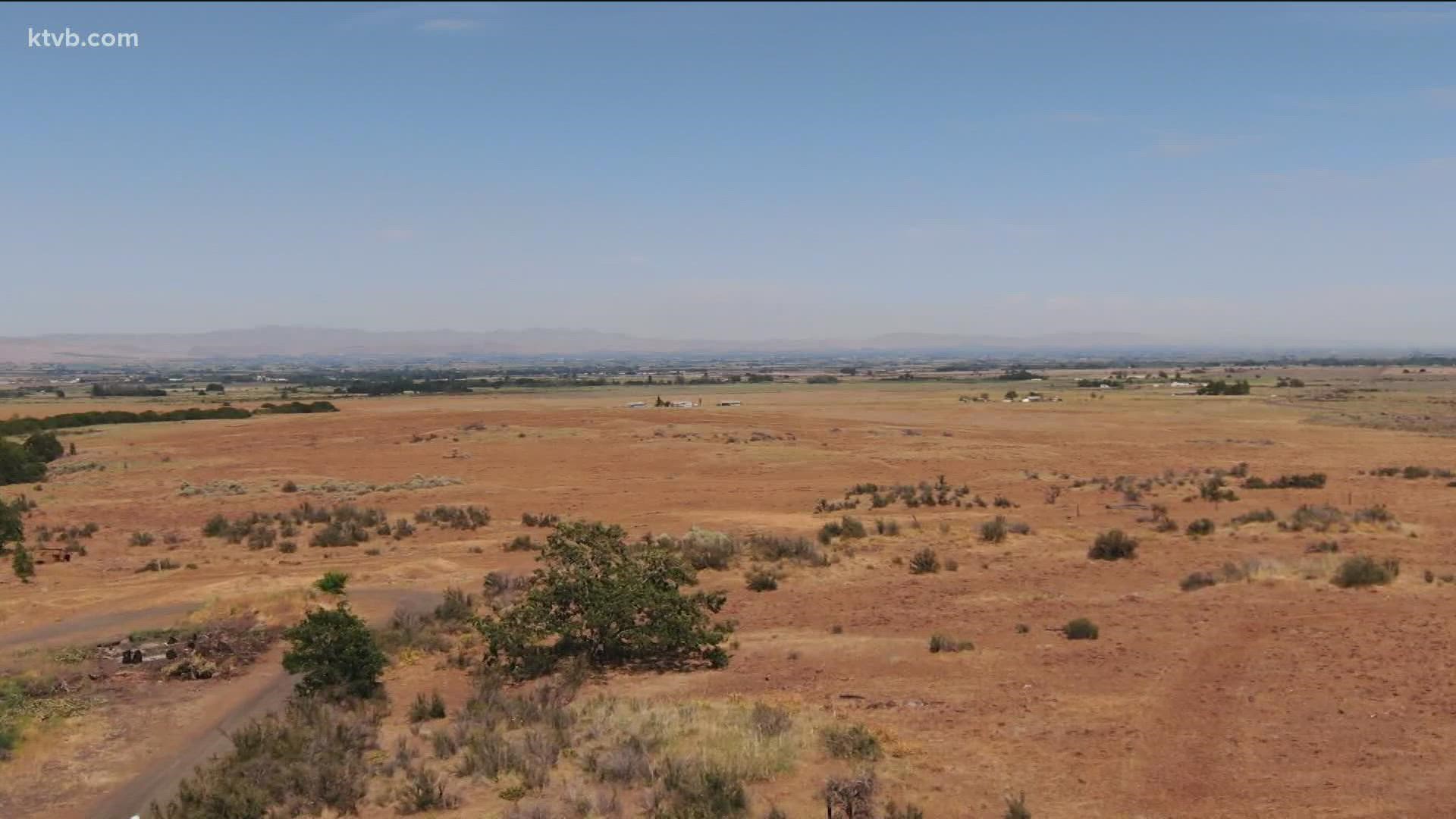BOISE, Idaho — As the disappearance and death of Gabby Petito gripped the nation's collective attention, some people have noted how the viral and national response to the young woman's disappearance compared to missing person cases of people who are a minority or Indigenous.
On Thursday, KTVB spoke with Tai Simpson, the director of Social Change for the Idaho Coalition Against Sexual and Domestic Violence, who is a member of the Nez Perce Tribe.
Simpson explained to KTVB that she does have deep sympathy for Petito's family and community and sends her love and condolences to them. However, she added that there's a frustration to the stark contrast in how Petito's case was handled compared to how missing person cases involving Indigenous people are handles.
For perspective, Simpson said that between 2011 and 2021, nearly 700 Indigenous women have gone missing in the same area that Petito went missing. Nationally, there are 5,700 unsolved missing Indigenous person cases.
"While I feel deep pain for gabby's family, I also feel deep pain for my own people that this is a relentless epidemic that we don't see the end soon if I even see it in my lifetime," Simpson told KTVB.
In Idaho, there are five federally recognized tribes within the Gem State.
As of Sept. 22, Idaho State Police told KTVB that there was a total of 167 missing person cases in Idaho, nine of those missing people are Indigenous.
However, according to Simpson, grassroots organizers and other organizations that track missing Indigenous people see anywhere between 40 and 50 people missing.
"What does it mean when a grandmother says my babies haven't come home in two weeks, and the cops say well maybe wait another two weeks, and that turns into two months, then two years and sometimes our loved ones, we don't get their remains for 35 years or more?" Simpson said.
As for why cases of missing Indigenous women get less media attention, Simpson explained that there are a few factors that contribute to the issue.
First, according to Simpson, Indigenous women have been viewed as outside of the American legal system for centuries. The second reason is racialized stereotypes.
"For example, if an indigenous worker is a sex worker is she deemed worthy of investigation if she goes missing or murdered, if a young person is struggling with addiction issues, are they deemed worthy?" Simpson asked.
According to Boise State University Chair of the Department of Sociology, Doctor Arthur Scarritt, when cases involve missing white women like Petito's are in the media, it's as if it's being made into a reassurance.
"'This shouldn't happen, it's terrible that it's happened but at the same time we're reassuring you that it's an isolated case and whatever happens, it's going to be brought to justice,' and so, therefore, people can feel reassured that it's a random act of violence that shouldn't have happened," Dr. Scarritt said.
He added that sensationalizing this one case really does injustice to the many other cases of people who are suffering across society.
Simpson also explained that there is also a lack of communication between law enforcement agencies on and off reservations, which ultimately leads to many of these cases falling through the cracks.
"No community should have to be that hyper-aware, that acutely impacted by violence where our mothers worry," Simpson said.
She added that this crisis has parallels what is happening in the Black community across the United States. Simpson said there is an opportunity for change and there's a lot of momentum behind what was seen in Petito's cases that can be duplicated in Indigenous communities.
According to the Black and Missing Foundation, the coverage of white and minority victims is not proportionate. They said the disparity in the cases covered stems from the belief that when a child of color goes missing, they're just a runaway. When an adult of color goes missing, they're typically labeled as a criminal.
Simpson also works with all of the executive directors of the tribal victim service programs in Idaho. She said they are working on a series of summits to invite lawmakers, law enforcement agencies and advocates in order to have conferences that would build awareness and bridge the communication and collaboration gaps.
Watch more Local News:
See the latest news from around the Treasure Valley and the Gem State in our YouTube playlist:

